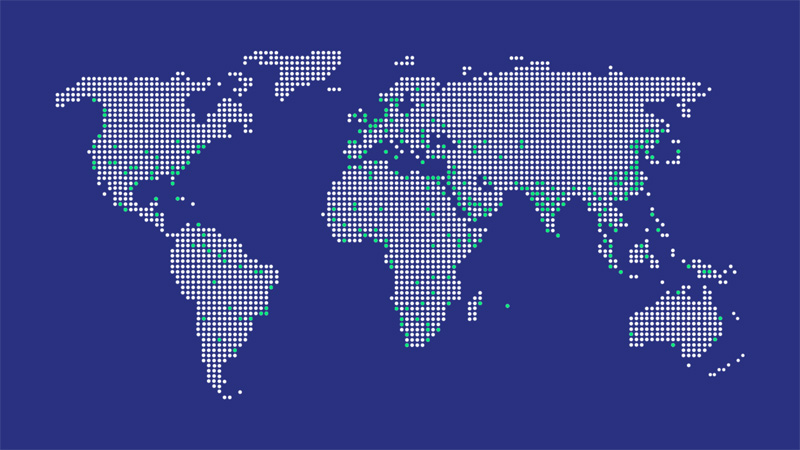Risk-Based Inspection (RBI).
By focusing resources where they are most needed, organizations can effectively manage risks, make informed decisions, and allocate their inspection and maintenance budgets more efficiently.
Get quotes for RBI!
Risk-Based Inspection (RBI), are a proactive approach to conducting inspections and assessments in various industries and sectors. This methodology involves evaluating and prioritizing assets, systems, or processes based on their level of risk and potential impact on safety, reliability, or regulatory compliance.

The primary objective of risk-based inspections is to optimize resource allocation by focusing inspection efforts on high-risk areas or components. Instead of following a fixed inspection schedule, RBI considers factors such as the likelihood and consequence of failure, historical performance data, operating conditions, and inspection history to determine inspection priorities.
The key steps involved in implementing a risk-based inspection approach typically include:
Risk Assessment: This step involves evaluating and quantifying the risks associated with each asset or system. Risk assessment methodologies can vary depending on the industry, but they generally consider factors such as the likelihood of failure, consequences of failure, and potential mitigation measures.
Risk Ranking: Once the risks are assessed, assets or systems are ranked based on their risk level. This ranking helps determine the priority for inspections and resource allocation.
Inspection Planning: Based on the risk ranking, an inspection plan is developed to focus on the high-risk areas. The plan outlines the frequency, scope, and specific inspection techniques to be used for each asset or system.
Inspection Execution: Inspections are conducted according to the established plan. This can involve visual inspections, non-destructive testing, data analysis, or other inspection methods, depending on the nature of the assets or systems being assessed.
Evaluation and Reporting: After inspections are completed, the findings are evaluated, and reports are generated. These reports highlight any identified issues, their severity, and recommendations for corrective actions or further inspections.
Risk Mitigation: Based on the inspection findings, appropriate actions are taken to mitigate identified risks. This can include repairs, maintenance activities, component replacements, or operational changes to reduce the likelihood or consequences of failure.
Continuous Improvement: Risk-based inspections are an iterative process. Feedback from inspections and performance data are used to refine the risk assessment, ranking, and inspection planning processes over time, ensuring ongoing improvement in risk management and resource allocation.

How Inspexion can help with RBI:
Inspection Planning: Inspexion as a platform can act as your inspection dashboard, letting you plan your inspections according to your needs and time schedule.
Inspection Execution: Inspexion's registered inspectors can inspect according to your established plan. Through our quick marketplace we can assure users of the best turnaround speeds in inspections.
Evaluation and Reporting: With our professional registered inspectors you can be sure of receiving professional reports - if you are looking for something specific- you can communicate that to our success team and be sure that your needs are met with the report.
Get risk based inspection quotes anywhere in the world.
Why Choose Us
Global network of qualified inspectors
Only professional outfits are registered on our platform. Vetted and screened, so you don't get any nasty surprises when selecting your quality control provider!

Remote (Guided) inspections
Our inspectors are capable of receiving remote instruction, and guidance during specialized inspections. Ensuring that we meet required specifications.

You control the timeline
You have control over the timeline including the quote deadline, the inspection date and the date of the report. Allowing your inspections to seamlessly integrate into your logistics.





